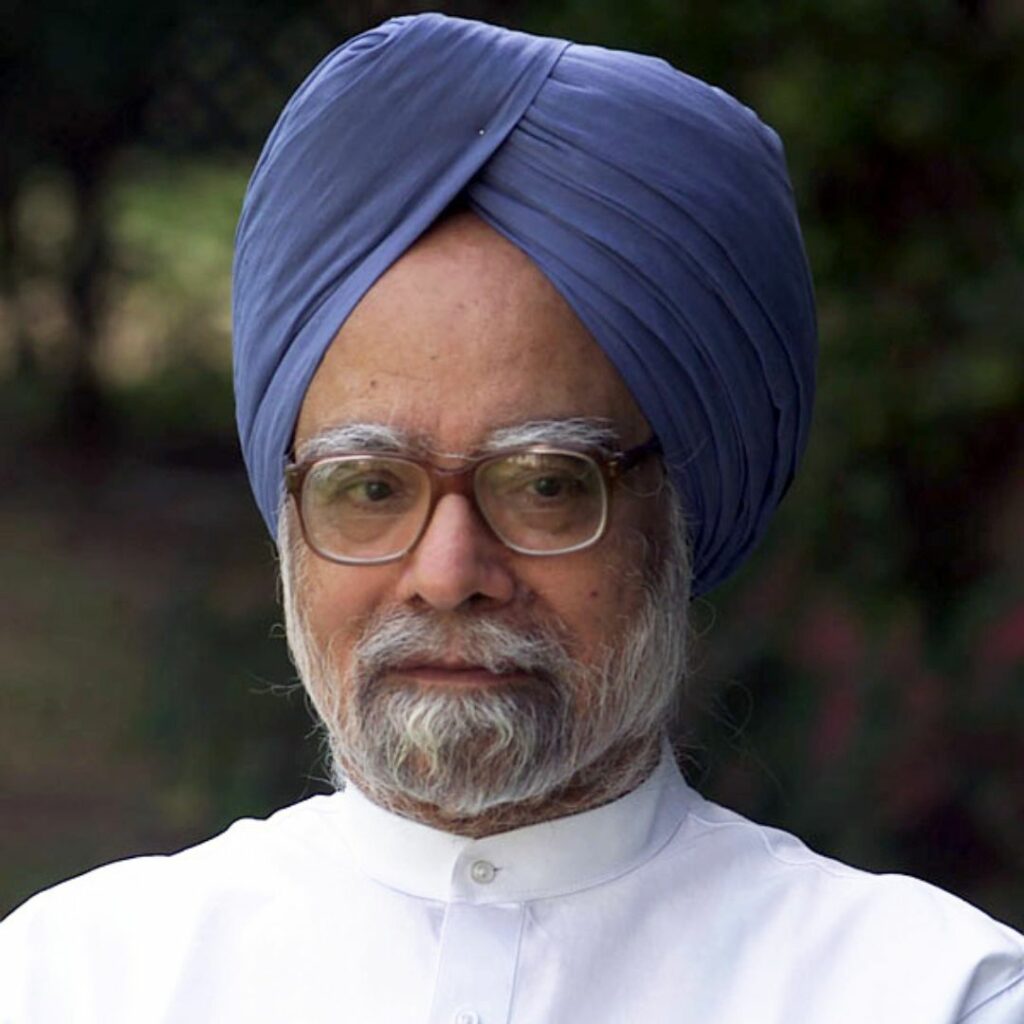A recent study by researchers from Virginia Tech University suggests that articles published by liberal media outlets express more opposition to artificial intelligence (AI) compared to conservative counterparts. The researchers noted that concerns about AI potentially amplifying racial and gender biases, as well as income inequality, may be contributing factors to this opposition. The findings, published in the journal Social Psychological and Personality Science, could have significant implications for future political discussions and public sentiment surrounding AI.
The researchers highlighted the influence of media sentiment on shaping public opinion and, consequently, impacting policymaker stances. Angela Yi, a study author and a PhD student in the marketing department of Virginia Tech Pamplin College of Business, emphasized the role of media sentiment as a potent driver of public opinion. The study suggests that differences in media sentiment toward AI between liberal and conservative outlets may contribute to variations in the public’s perception of AI.
To conduct the study, the researchers compiled over 7,500 articles on AI published from May 2019 to May 2021. The articles were sourced from a mix of media houses, including liberal-leaning publications like The New York Times and The Washington Post, and conservative-leaning outlets like The Wall Street Journal and the New York Post. Specific keywords such as “algorithm” or “artificial intelligence” were used to identify relevant articles.
Utilizing an automated text analysis tool, the researchers assessed the “emotional tone” of the selected articles. The tool calculated the difference between the percentage of positive emotion words and the percentage of negative emotion words in each text, providing a standardized “emotional tone” measure or score for each article.
The researchers clarified that their study does not make judgments on whether liberal or conservative media is acting optimally in discussing AI. Instead, they aim to highlight the existing differences in media sentiment and emphasize the importance of quantifying, observing, and understanding these differences. Shreyans Goenka, a study author and assistant professor of marketing at Virginia Tech Pamplin College of Business, emphasized the significance of recognizing these differences.
In addition, the study examined how media sentiment toward AI evolved after the death of George Floyd on May 25, 2020. The researchers observed that Floyd’s death, which ignited a national conversation about social biases, heightened concerns about social biases in the media. Consequently, media narratives became more negative toward AI.











